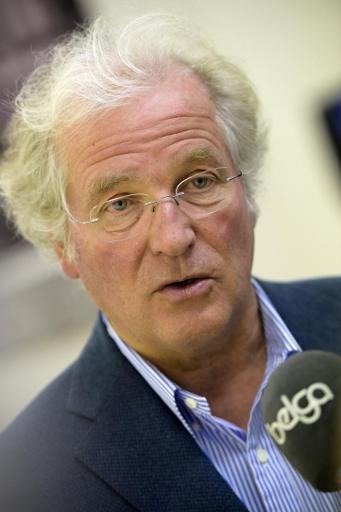The number of public markets in Brussels has increased by 20% in five years. Eight out of ten of the capital’s inhabitants go to a market at least once a month, and four out of ten at least once a week. This emerged from a presentation on Monday, spearheaded by the Brussels Minister for the Economy, Didier Gosuin (DéFi). It was based upon a study by Atrium Brussels and the francophone Free University of Brussels around how to better understand the capital’s public markets.
Produced over a time span of more than a year with some 1,781 customers and 425 street vendors in 28 markets, this has enabled the production of a guide running to more than 150 pages, to accompany both the creation and revitalisation of Brussels traders’ markets.
There are currently 92 markets a week in the capital. This number has multiplied by a factor of three in 50 years. Per Didier Gosuin, the Brussels region has more than 800 businesses which are active within the itinerant trade. This amounts to as many self-employed, and a significant increase of some 15% in the Brussels region (with an increase of 16.3% in Wallonia) between 2008 and 2015. Belgium overall has 6,195 such businesses (including 3,411 in Flanders and 1,925 in Wallonia).
The survey overall demonstrates that such markets are not a threat to the business of sedentary traders. Some 88.8% of customers consider that the presence of a public market increases the attractiveness of the district in which it is located. Some 63% of traders questioned consider that the image of the district becomes more positive on market days. Nearly 60% note that there is an increase in the volume of people in the district on that day.
Didier Gosuin says that markets also constitute an incentive to entrepreneurship. They provide an environment in which potential traders can test their ideas at the lowest cost to them, in the way that food trucks did.
There will be a follow-up event to the study by Atrium Brussels and the French-speaking Free University of Brussels. Economic players, municipal officials and traders’ associations will meet on June 27th. They will produce a series of recommendations, so as to better support the itinerant trade, to boost the springboard effect of markets for potential traders, and eventually equip the region with a development strategy for the itinerant trade.
The Brussels Times

